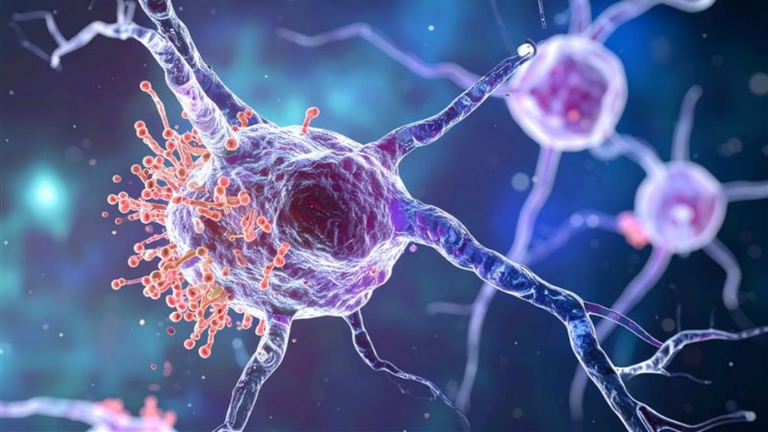Trends in Personalized Cancer Diagnostics With Highly Sensitive Digital PCR

Personalized cancer diagnostics tests, known as molecular diagnostics, are genetic tests that can be performed to determine whether patients have an inherited or acquired gene mutation associated with cancer. Cancer is one of the most common forms of disease caused by gene mutations.
Testing for inherited gene mutations can help catch early cases and establish risk profiles, leading to better healthcare outcomes. For example, in breast cancer, doctors can order molecular tests to investigate for specific inherited mutations in the BRCA1 and BRCA2 genes, which may increase the patient’s risk of breast and ovarian cancer.
Acquired gene mutations, such as the EGFR mutation common in lung cancers caused by air pollution, can be tested similarly. A patient can then start therapy as soon as possible, obtain the optimal personalized treatment based on the test results, and continuously monitor treatment.
Why Digital PCR?
Digital PCR is an advanced DNA amplification technology that has enabled new trends in personalized cancer diagnostics. The unique ability to look at multiple genetic targets at very high sensitivity makes digital PCR an excellent platform for developing panel assays for diagnostic purposes. In this article, we will introduce three trending use cases in the form of an ecosystem of tests.

DKSH is the exclusive distributor for Stilla Technologies in Australia, New Zealand, Malaysia, and the Philippines. To learn more about the suite of products available, read more at Stilla Technologies and DKSH Lab Solutions.
Sources:

About the Author
James Hsu joined DKSH in 2019 as Business Development, DKSH Technology. In this role, he is responsible for growing the life sciences and scientific solutions business. His previous experience was accumulated in the bustling Asian genomics and proteomics sector, where he worked on bringing a digital PCR startup to market. James graduated from the University of California, San Diego.
James Hsu
Life Science









